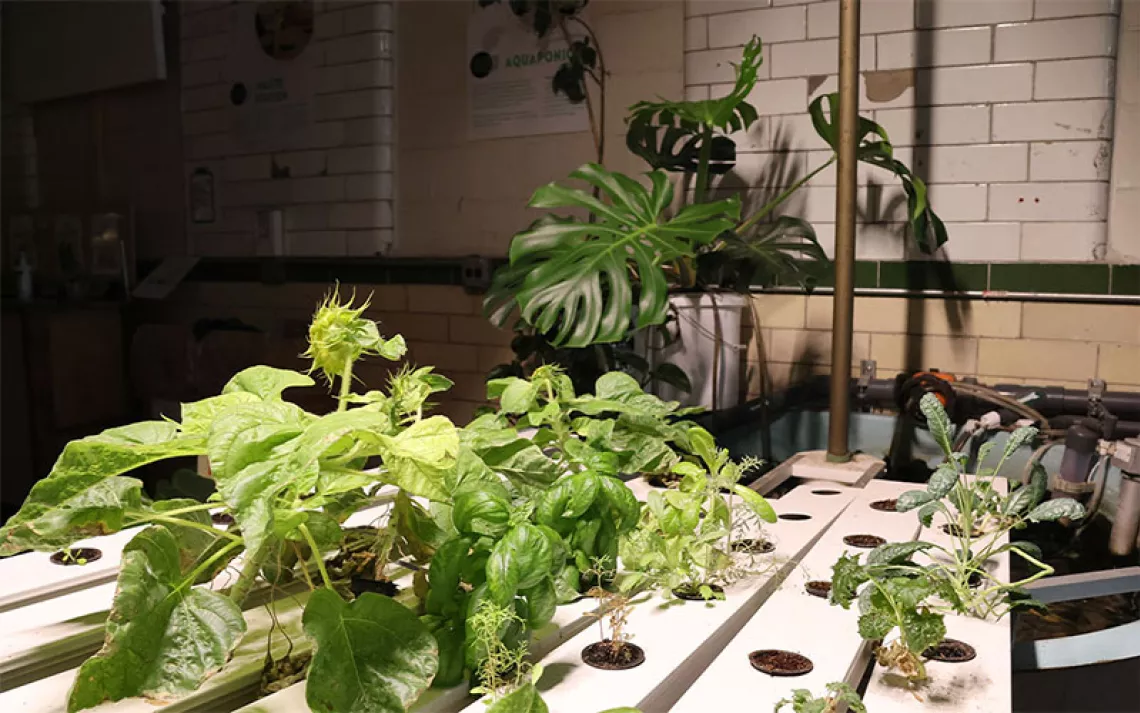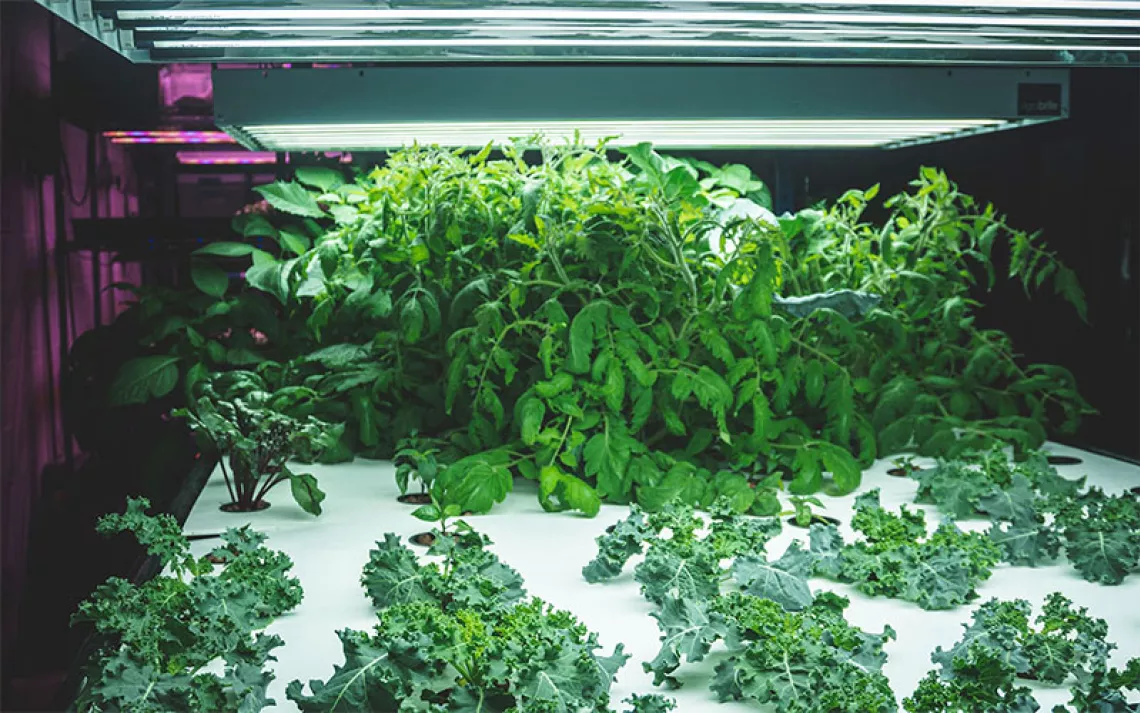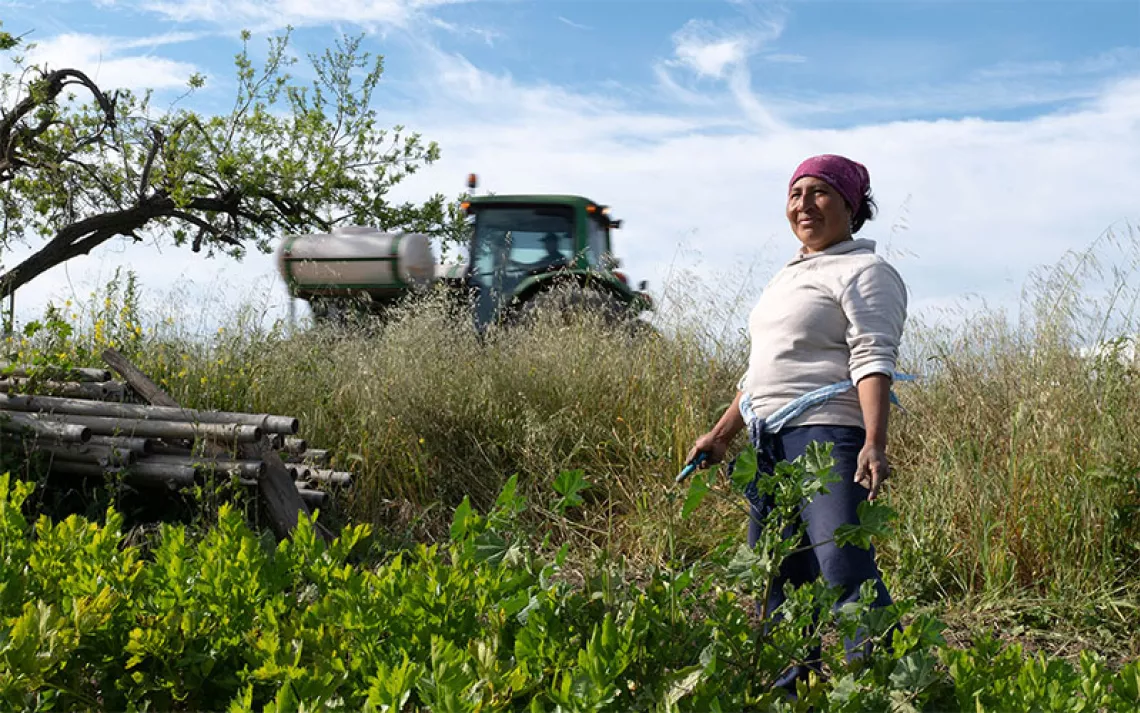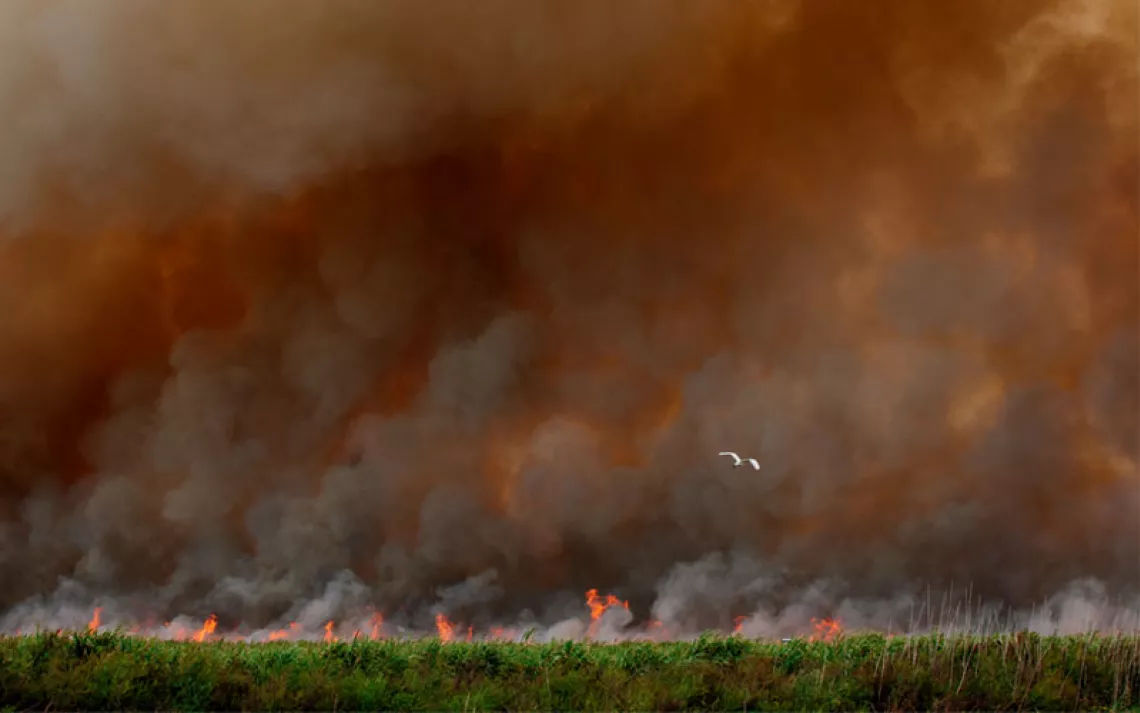Can Legal Hemp Save Agriculture?
And does Mitch McConnell really have farmers’ best interests at heart?
Last week, Senate majority leader Mitch McConnell promised that the final version of the long-delayed Farm Bill would include the legalization of hemp. Congress’s top Republican, interestingly enough, has become a vocal champion of the versatile crop in the last five years, which is presently making a comeback in McConnell’s Kentucky—after the War on Drugs made the growing of hemp highly stigmatized and illegal.
Stoners and environmentalists alike are excited about the possibilities of growing and processing marijuana’s non-psychotropic cousin into a multitude of products—from clothing to car parts, and from foods and supplements (hemp grain can be converted into powders and oils) to cannabidiol. That’s the technical name for CBD oil, the legal remedy for pain, inflammation, and anxiety that’s skyrocketed in popularity in recent years.
For thousands of years, hemp has been used in the creation of sailcloth, rope, and clothing. In the early 1600s, European settlers brought it to the New World—where it remained a major crop throughout World War II. During the war, the government ran a Hemp for Victory campaign to encourage U.S. farmers to grow more of the stuff in support of the war effort. But then in 1970, the FDA made the cultivation of hemp illegal under the Controlled Substances Act by classifying it as marijuana. Farmers who attempted to grow it were treated like drug lords by the DEA, and manufacturers who used it in things like textiles had to import it from overseas. (It’s pretty hard to get high off a field of hemp; however, its leaves look exactly like pot leaves.)
In 2014, however, hemp started to make a comeback when McConnell championed a provision in that year’s Farm Bill that defined industrial hemp as distinct from marijuana. This made it legal for universities and state agriculture departments to study the growth, cultivation, and marketing of industrial hemp. Kentucky, which once led the nation in hemp production before tobacco became the more lucrative crop, launched hemp research projects at all three of its major research universities. With tobacco production shrinking, Kentucky farmers began to see hemp as an even more potentially profitable alternative.
In 2017, American farmers grew more than 25,000 acres of hemp, about 70 percent of which was used to make CBD oil. But manufacturers are increasingly using hemp fibers to make clothing, backpacks, American flags, insulation, and building materials. Rife with essential fatty acids and protein, hemp also aligns with the trend toward plant-based food.
Farmers like it because compared with cotton, corn, and soybeans, it requires little water and few chemicals. It grows tightly spaced, thus crowding out weeds, and boasts a deep, soil-aerating root system. Jamie Campbell Petty, of the Indiana Hemp Industries Association, a nonprofit that promotes research and development into industrial hemp products, notes that organic farmers sometimes use hemp as a cover crop.
“In the U.S., we do everything with hemp—we eat it, we wear it—yet we haven’t been able to grow it,” says Campbell Petty. “So we import approximately $60 million worth of hemp from overseas.”
Hemp’s boosters—many of whom predict the crop will come to rival corn, soybeans, and wheat in the U.S.—are persuasive, but that doesn’t mean hemp’s the only non-cotton crop that can be used to make durable clothing and other products. “The people who will tell you that everything will be perfect and wonderful and saved with hemp are largely people who just love to smoke marijuana,” says Eric Toensmeir, author of The Carbon Farming Solution. “They’re generally not interested in other sustainable fibers. Hemp is a great cop, but it’s not the highest-yielding or the highest-quality.”
Hemp sequesters carbon—but fibrous perennials like jute, canast, and stinging nettle sequester even more, because as perennial plants (hemp is an annual) they don’t have to be tilled and replanted every season. Fibrous perennials, however, may not be suited to exactly the same uses as hemp, says Toensmeir. “Coconut, for instance, is a perennial with way higher yields than hemp, but then you wouldn’t want your underwear made out of it.” But, Toensmeir doubts that hemp alone has the potential to transform U.S. agriculture. “It’s not particularly suited to conservation agriculture, and people at industrial-scale farms typically aren’t using crop rotation and cover crops. I’m not aware of anything that would make it a better-impact crop than any other, except that it’s easier on the soil than common culprits like cotton.”
Kentucky hemp farmer and environmental attorney Hank Graddy believes hemp’s full legalization will usher in a significant new agricultural era. “We’ll no longer be fighting law enforcement, like we’re currently doing.”
But Graddy, whose family raised hemp in central Kentucky for 150 years before it was made illegal, still cautions that hemp is a relatively “small crop” and that there’s a lot of uncertainty as to whether it’ll have the market support to grow and meet its proponents’ lofty expectations. “It’s been legal for a number of years in China, Canada, and Europe, yet hasn’t replaced corn or soybeans there,” he points out.
Meanwhile, Latino and Native American farmers—some of the original advocates for legalization of hemp farming—also have their doubts.
Many hemp farmers in his community had their crops destroyed by the DEA in the past, says Rudy Arredondo, founder of the National Latino Farmers & Ranchers Trade Association. Banks would refuse to let them set up accounts or handle transactions for them.
“CBD oil production is very profitable,” says Arredondo, “but large-scale hemp farming might end up requiring significant water and chemicals and obscure the purpose of what hemp does for us. For us it’s a means of curing our lands of industrial fertilizers, since it helps absorb them and can make it easier for small farmers to go organic.”
Small farmers want to be sure McConnell’s legalization via the Farm Bill doesn’t favor Big Ag to the exclusion of smaller producers. Conservation-minded farmers want to be sure that legalization doesn’t favor unsustainable farming practices over regenerative ones.
It’s unclear how hemp will transform our climate and food systems, but it’s also clear that no one plant could ever be up to such a task. “Plants don’t solve social problems,” says Toensmeier, “people solve social problems.”
 The Magazine of The Sierra Club
The Magazine of The Sierra Club




